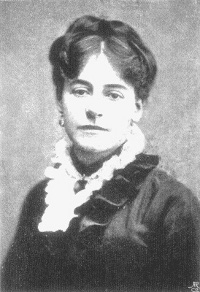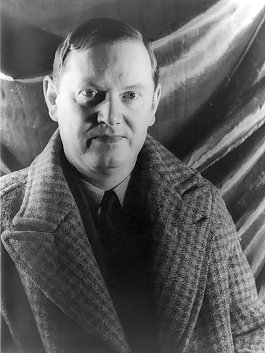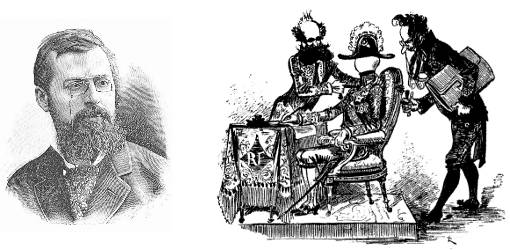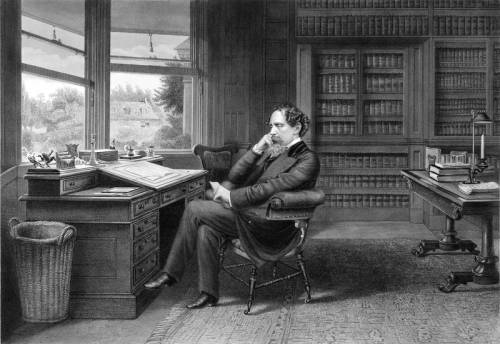From Oliver Wendell Holmes’ The Poet at the Breakfast-Table, 1872:
Act to make the poor rich by making the rich poorer, 3
Ankle, wonderful effects of breaking a bone in the, 114
Batrachian reservoir (frog-pond in vulgar speech), the palladium of our city, 369
Biography, penalties of being its subject, 191 et seq.
Common virtues of humanity not to be confiscated to the use of any one creed, 360
House-flies mysterious creatures, 288
Ideas often improve by transplantation, 171
Intellects, one story, two story, three story, 50
Jests distress some people, 289
Justice, an algebraic x, 317
Life a fatal complaint, and contagious, 395
Limitations, human, not to be transferred to the Infinite, 319
Millionaires cannot be exterminated, 5
Non-clerical minds, hopeful for the future of the race, 302
Old people almost wish to lose their blessings for the pleasure of remembering them, 385
Poem, is it hard work to write one?, 111
Power, we have no respect for as such, 317
Private property in thought hard to get and keep, 356
Ribbon in button-hole pleases the author, 322
Rigorists, mellowing, better than tightening liberals, 19
Tattooing with the belief of our tribe while we are in our cradles, 384
Traditionalists eliminate cause and effect from the domain of morals, 265
And from Robert Burton’s Anatomy of Melancholy, 1621:
Atheists described, 705
Baseness of birth no disparagement, 509
Beer censured, 145
Black eyes best, 519
Blow on the head cause of melancholy, 247
Confidence in his physician half a cure, 392
Crocodiles jealous, 629
Eunuchs why kept, and where, 642
Fishes in love, 493
Great men most part dishonest, 636
Guts described, 96
Hell where, 318
How oft ’tis fit to eat in a day, 307
Ignorance the mother of devotion, 678
Man the greatest enemy to man, 84
Old folks apt to be jealous, 632
Poets why poor, 203
Salads censured, 145
Step-mother, her mischiefs, 241
Venison a melancholy meat, 142
Why good men are often rejected, 415
Why fools beget wise children, wise men fools, 139, 140
The New York Times Book Review called Burton’s index “a readerly pleasure in itself.”
See Memorable Indexes.






